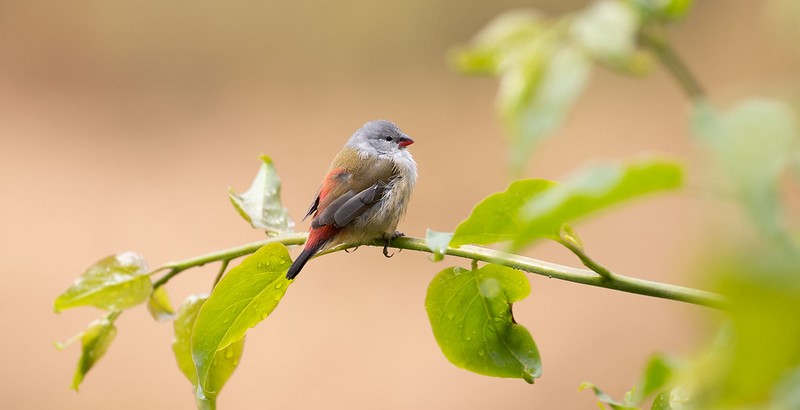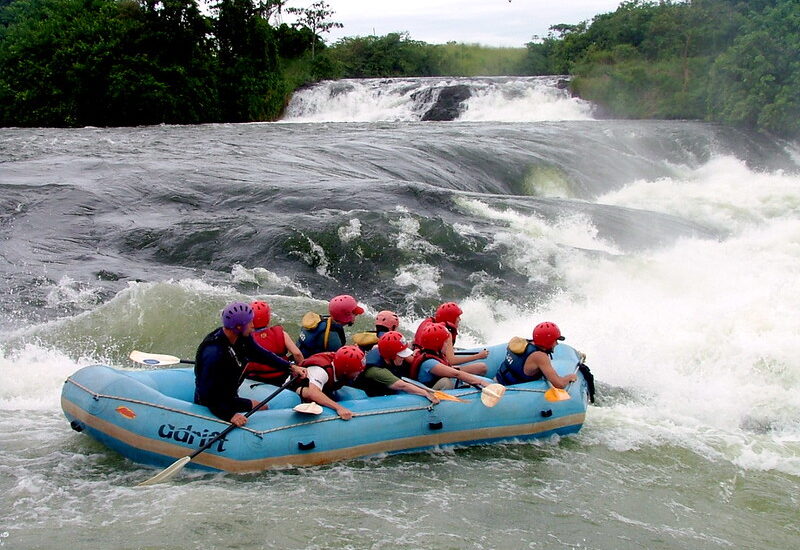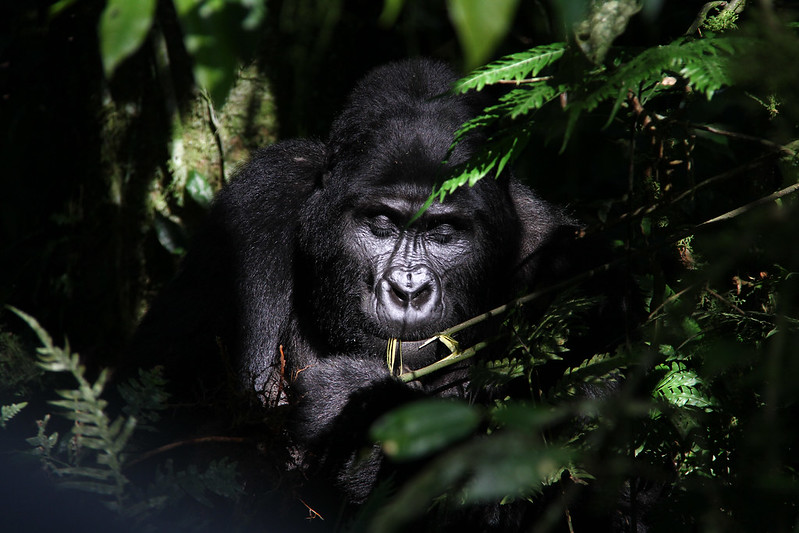Albertine rift endemics of Bwindi forest – Gorilla tours in Bwindi. The 331 square kilometers…
Bungee jumping in Jinja Uganda
Bungee jumping in Jinja Uganda – Source of the Nile visit.
The Jinja Bungee Jumping Area Uganda (UGA) – Jinja is the headwaters of the Nile, the longest river in Africa and the source of the Nile River in Uganda. The Nile River begins its journey in Jinja and is joined by two smaller rivers; the first, the White Nile, is one of the longest rivers in Sudan and travels north of Khartoum; the second, the Blue Nile, comes into Sudan; and finally, they meet at Khartoum.
![]() From its source in Uganda, the Nile River runs to Sudan and Egypt, where it empties into the Mediterranean Sea after tributing to eleven African nations: Burundi, Tanzania, the Democratic Republic of the Congo, South Sudan, Kenya, Eritrea, Rwanda, and Egypt.
From its source in Uganda, the Nile River runs to Sudan and Egypt, where it empties into the Mediterranean Sea after tributing to eleven African nations: Burundi, Tanzania, the Democratic Republic of the Congo, South Sudan, Kenya, Eritrea, Rwanda, and Egypt.
In 1858, the first European explorer to set foot on African soil, John Speke Hannington, found the Nile River’s headwaters. The two friends, John Speke and Richard Francis Burton, set out to discover more of central Africa.
Lake Victoria was named after the Queen of the United Kingdom, Victoria, since that was his intention when he found the Nile’s source in Jinja. The lengthier Nile River cuts through Murchison Falls National Park, dividing it in half along its southern and northern borders. Boat safaris along the river’s edge are popular ways for park visitors to see the park’s many aquatic and terrestrial animals up close.
Despite the odd aim of bungee jumping into the historic Nile River, the sport of bungee jumping in Jinja, Uganda, is definitely not for the faint of heart. You can only do bungee jumping at Jinja, which is on the Nile, in Uganda.
Bungee jumping is an activity that Monumental Expeditions and Safaris offers both during the day and at night. You shouldn’t miss the newly-introduced activity of bungee jumping on the historic Nile River, the longest river in the world. This is one of the few tourist spots in Uganda that allows visitors to partake in this extreme sport, so it’s a must-do on any safari in the country.
Travelers who have traveled to Uganda and participated in various Nile-related activities have mostly relied on the river’s historical context. Powering Ugandans and the nation at large, the Nile has been an invaluable asset; the dam provides nations with electricity, enabling them to go about their everyday lives.


